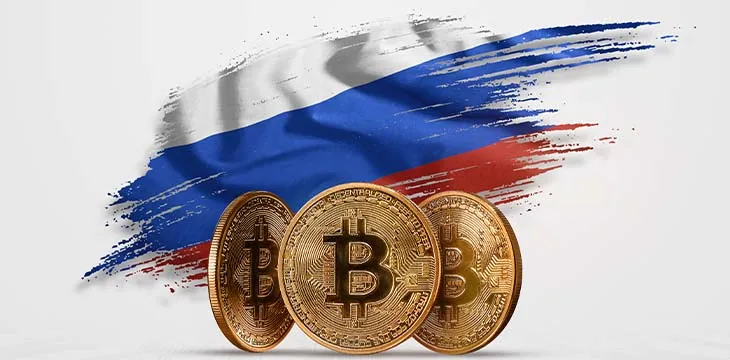|
Getting your Trinity Audio player ready...
|
Russia’s new-found love for digital assets is set to hit new heights with the release of a report by the country’s central bank that outlines how Russia can integrate digital currencies like Bitcoin into its financial system.
The report, titled “Digital Assets in the Russian Federation,” delves into some of the common concerns for central banks around the globe as they grapple with the rapid growth of digital asset adoption. The Central Bank of Russia (CBR) revealed that it’s open to allowing “foreign issuers of digital assets” in the local market as long as they are from “friendly countries.”
CBR’s report comes at a time when a rising number of countries are imposing severe sanctions on Russia following its invasion of Ukraine earlier this year. As the number of global leaders supporting President Vladimir Putin—or even those remaining impartial to the conflict—continues to dwindle, so do the “friendly countries” referenced by the report.
In an accompanying Telegram post, CBR stated that the main advantage of digital assets is that “they can be created on the basis of distributed ledger technology. This allows you to automate the execution of transactions through the use of smart contracts.”
By adopting digital assets, Russian businesses can increase the efficiency of their processes and cut costs, the central bank noted.
The report explored consumer protection concerns, taxation, digital property rights in the era of tokenization, and more. It also looked at some of the risks that digital assets could pose to the Russian economy, key among them being destabilizing the financial system as well as cybersecurity risks.
While noting that the digital asset market is relatively small compared to traditional finance, CBR stated that it has now “created the necessary legal framework for the issuance and circulation of digital assets in information systems.”
The report comes just weeks after Russia approved digital assets for international payments as it grapples with sanctions and a dollar-starved economy. The European Union banned all digital asset transfers to Russia just two weeks after the move. Before then, the region had capped such transfers at $9,900.
Watch: The BSV Global Blockchain Convention panel, Blockchain for Government Data & Applications

 06-19-2025
06-19-2025 





